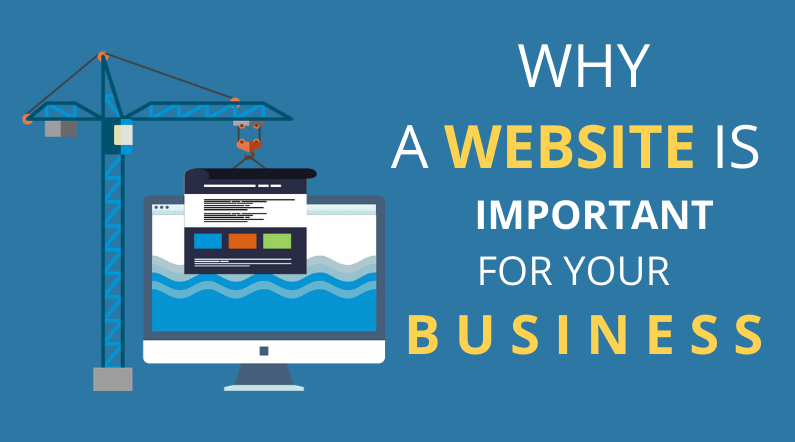The Significance of Websites: A Comprehensive Exploration
In today’s digital age, a websites serves as an indispensable tool for individuals, businesses, organizations, and various entities across the globe. The purpose of a website transcends mere online presence; it encapsulates multifaceted functionalities and serves diverse objectives. From information dissemination to e-commerce, communication, branding, and beyond, play a pivotal role in shaping our online experiences. This blog aims to delve deep into the intricate layers of the significance and multifaceted purposes of websites.
Table of Contents
Toggle1. Global Accessibility:
Websites break geographical barriers, enabling global access to information, services, and products, fostering connectivity and inclusivity on a worldwide scale.
2. Information Dissemination:
They act as digital repositories, offering a platform to disseminate information, share knowledge, educate, and inform audiences about various subjects.
3. Business Representation:
For businesses, websites serve as a digital storefront, showcasing products, services, and the overall brand identity to attract and engage potential customers.
4. Customer Interaction:
Websites facilitate direct communication with customers, providing avenues for feedback, inquiries, and support, thus enhancing customer satisfaction.
5. E-Commerce and Transactions:
E-commerce website enable online transactions, allowing businesses to sell products or services, driving revenue and expanding market reach.
6. Brand Establishment:
They contribute significantly to brand establishment by conveying the brand’s story, values, and uniqueness, fostering brand recognition and loyalty.
7. Marketing and Promotion:
Websites serve as a powerful marketing tool, employing various strategies like SEO, content marketing, and social media integration to reach and engage target audiences effectively.
8. Credibility and Trust:
A professionally designed and maintained website enhances credibility, instilling trust among users and potential customers.
9. Showcasing Portfolio:
For professionals in creative fields, a website acts as a portfolio, exhibiting their work and expertise, attracting potential clients or employers.
10. Educational Purposes Websites:
Websites play a crucial role in education, offering e-learning platforms, courses, and resources for students and lifelong learners.
11. Community Building:
They create communities and forums where like-minded individuals can connect, share ideas, and collaborate on various interests or causes.
12. Accessibility and Inclusivity:
Websites can be designed with accessibility features, catering to users with disabilities, ensuring a more inclusive online experience.
13. Data Collection and Analysis:
Websites gather user data, providing valuable insights into user behavior and preferences, aiding in strategic decision-making.
14. Resource Sharing:
They serve as hubs for sharing resources, documents, tools, and information, benefiting users in various fields.
15. Mobile Accessibility:
Responsive web design ensures that websites are accessible across different devices, including smartphones and tablets, meeting the needs of a mobile audience.
16. Legal Compliance:
Websites need to adhere to legal standards and regulations, ensuring data privacy, accessibility, and other legal requirements.
17. Storytelling and Engagement:
They enable businesses and individuals to craft compelling narratives, engaging visitors and fostering a connection with the audience.
18. Technological Advancements:
Websites evolve with technological advancements, incorporating new features and functionalities to enhance user experience and stay competitive.
19. Networking and Collaboration:
Websites facilitate networking and collaboration among professionals, businesses, and individuals, fostering partnerships and growth opportunities.
20. Constant Evolution and Adaptation:
Lastly, the purpose of a website isn’t static. It continuously evolves, adapting to changing trends, user needs, and technological advancements, ensuring its relevance and effectiveness.
Conclusion
A website is more than a digital presence; it’s a dynamic entity that serves a multitude of purposes, catering to diverse needs and audiences. Understanding its significance and harnessing its potential can immensely benefit individuals, businesses, communities, and society at large in our increasingly interconnected world.

